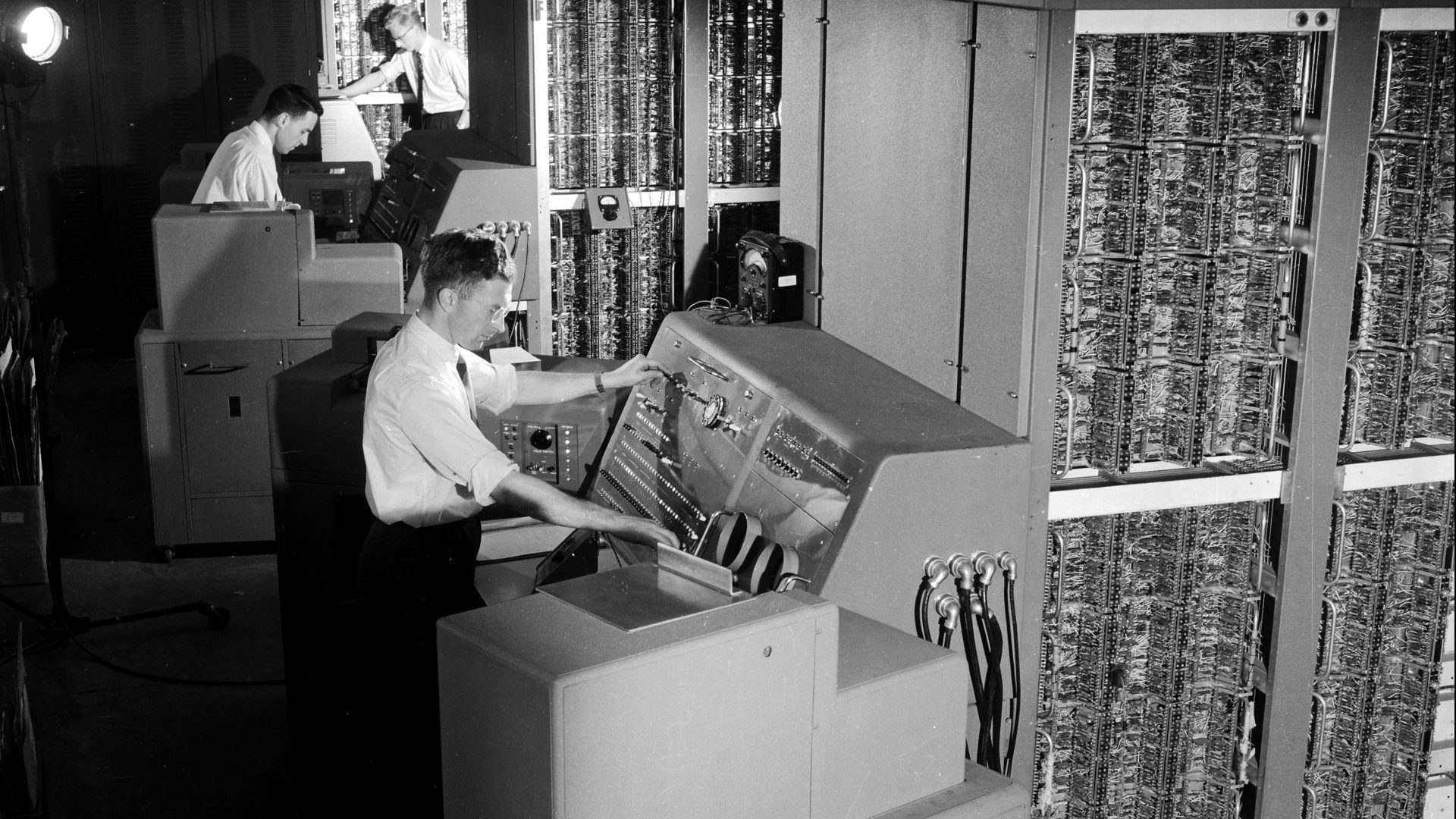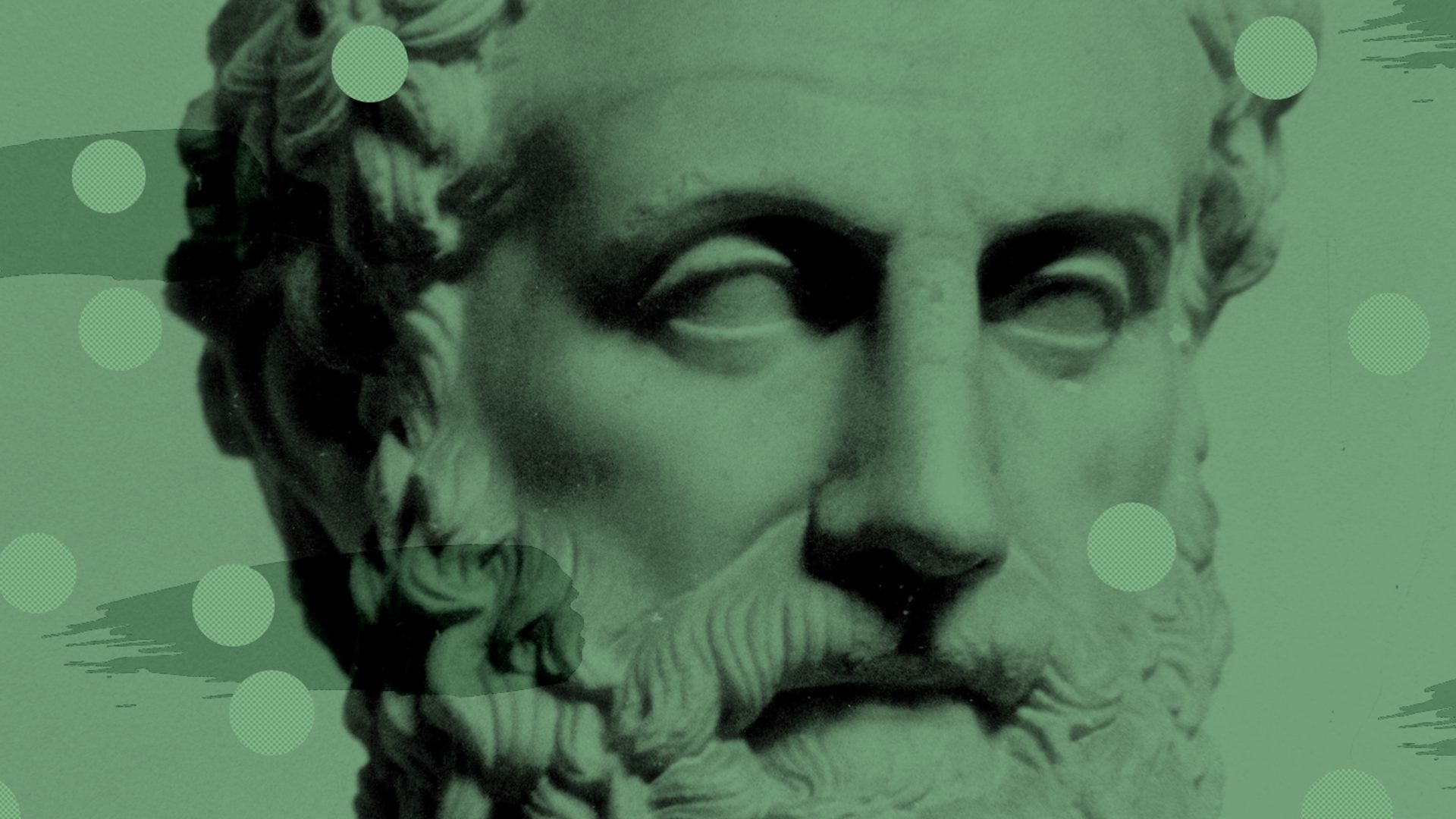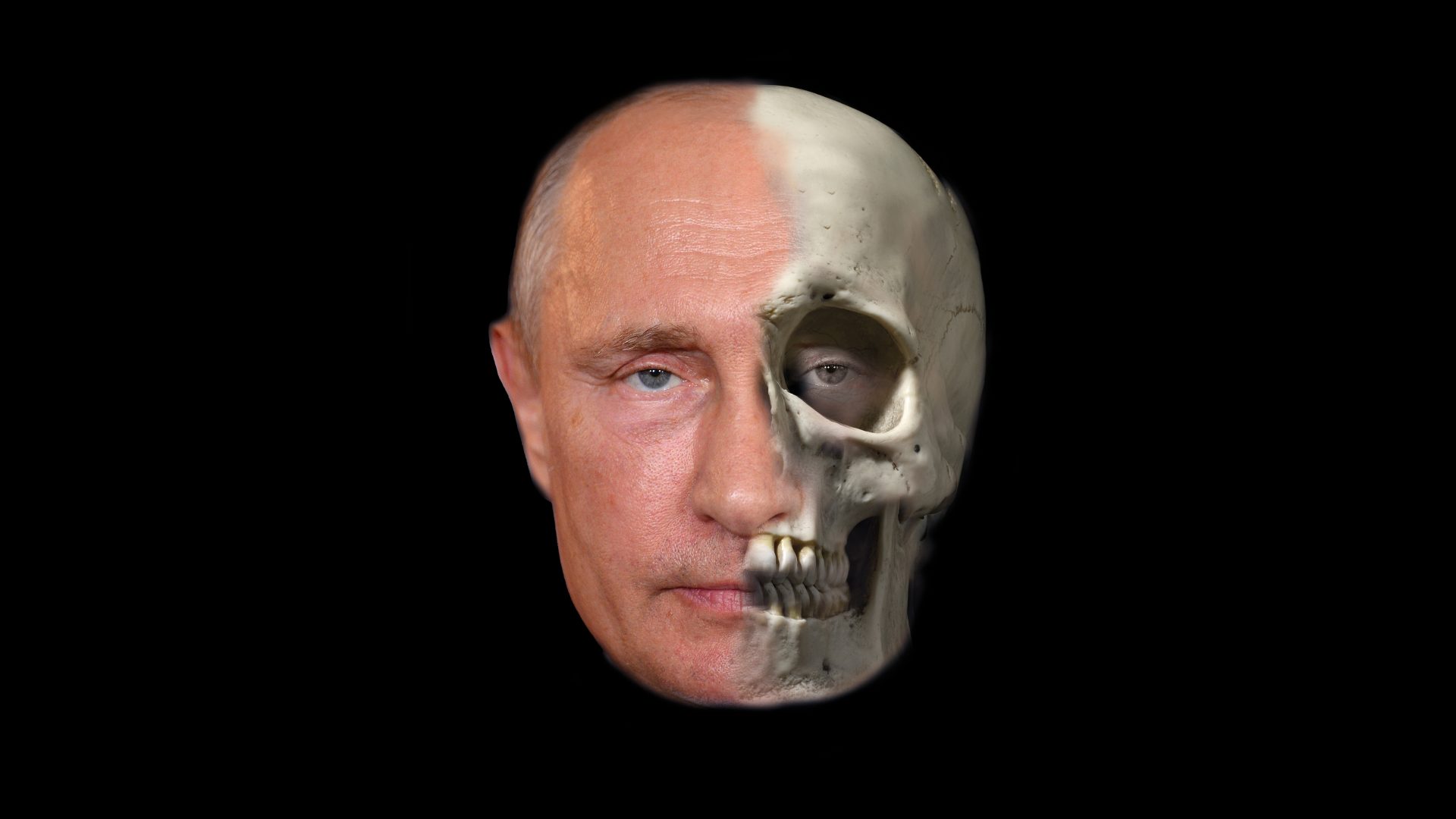“Faces along the bar,” wrote Auden on the day the second world war broke out, “cling to their average day: The lights must never go out. The music must always play.” Confronted with a moment of catastrophe, our natural instinct is denial – and the Ukraine war is no exception.
More than two weeks into the fighting, most people in Britain have no idea how much has changed. While the railway stations of Warsaw and Berlin heave with fleeing families, ours – thanks to the callousness of Priti Patel – do not. Unless you were planning to have a stag do in St Petersburg, or spend the summer crewing some oligarch’s yacht, life goes on as normal.
I’ve experienced this before. Flying back to London from New York, after covering the Lehman Brothers crash in 2008, I found Britain illogically calm. Alistair Darling, then chancellor, was on TV predicting a “V-shaped recession” instead of the decade of stagnation we actually achieved. It was the same when Trump was elected: the system will absorb him, fellow journalists predicted.
The problem we have now is: there is no system. One hundred and forty-one members of the UN may have voted for a resolution condemning Russia’s invasion of Ukraine – but they can do nothing.
Vladimir Putin and Xi Jinping announced the new world disorder on 4 February, and Putin is showing the first proof of concept. Now there are three sets of rules, three concepts of order in the world, and while we in the West can keep our puny and fragile democracies, Putin and Xi will decide where the West’s borders end.
If you want to understand how things will work in future, consider the attacks on black and Asian refugees crossing the border into the Polish town of Przemyśl. For a few hours, Polish neo-Nazis roamed the streets chasing and beating up anyone with a non-white skin who had crossed the border.
By “clinging to the average day” we might conclude, simply, that this was caused by the endemic racism of Polish society. But there was more. In the five hours preceding the attacks, Polish social media experienced a 20,000% rise in disinformation reports of black and Asian people attacking Poles, according to the internet monitoring group IBIMS.
Faced with sanctions that Putin knows will paralyse the Russian economy, he has begun wave after wave of information counterstrikes – each calculated to exploit the cultural and political fault lines of the West.
Learning to spot them, and how to deal with apparently crazed messages arriving on WhatsApp from people you once trusted is just one thing we have to get used to.
Those who value democracy, freedom and the rule of law – no matter how much we dislike our own hypocritical, racist and unequal societies – will be defending them for the foreseeable future.
To do so we’re going to have to innovate. And the only example we have of rapid innovation in the face of a global crisis is the start and run-up to the second world war.
People, rightly, get sick of the parallels – Putin as Hitler, Ukraine as Czechoslovakia. But, as Karl Marx pointed out, every conflict in history takes place with politicians mentally clothed in the costumes of their grandparents.
What can we learn from what people did in those days of tweed jackets, trimmed moustaches and rubber gas masks? We can certainly learn from the innovators.
As war loomed in 1938, the head of MI6, Sir Hugh Sinclair, realised the UK would need a top-secret codebreaking centre. Because the government was skint, he bought the mansion at Bletchley Park with his own money. It became home to the Enigma codebreaking project, Alan Turing and the earliest attempts at electronic computing.
After Dunkirk, with Britain facing imminent invasion, the Spanish civil war veteran Tom Wintringham – by then a writer at the magazine Picture Post – persuaded his employer to set up a private guerilla warfare training school at Osterley Park, to which members of the newly formed Home Guard flocked.
Meanwhile, from obscure and rival intelligence units, Hugh Dalton, a moderate Labour politician bearing the title of Minister for Economic War, conjured the Special Operations Executive. This, he said, would be an organisation modelled on the IRA and its job would be “industrial and military sabotage, labour agitation and strikes, continuous propaganda, terrorist acts against traitors and German leaders, boycotts and riots”.
Imagine what it felt like to read those words typed on to British government notepaper, and you get a sense of the mind-shock people had to cope with.
Today, these organisations – and indeed the period – are shrouded in the soft focus of nostalgic books and movies. I hope we’re not going to need anything like them. But in a situation like this you can’t rely on hope. The whole machinery of government now has to adapt to a period of, at the very least, economic dislocation and geopolitical instability.
Soon, amid rising inflation, supply shocks and energy shortages, the world economy will begin to deflate. Even if all parties pull back, and Ukraine is stabilised, we’re entering a period where every weakness in western society will be weaponised by the dictatorships who have walked away from the rules-based order.
Tonight, take a long look at the “faces along the bar” around you. Do they cling to the average day? Do you?




